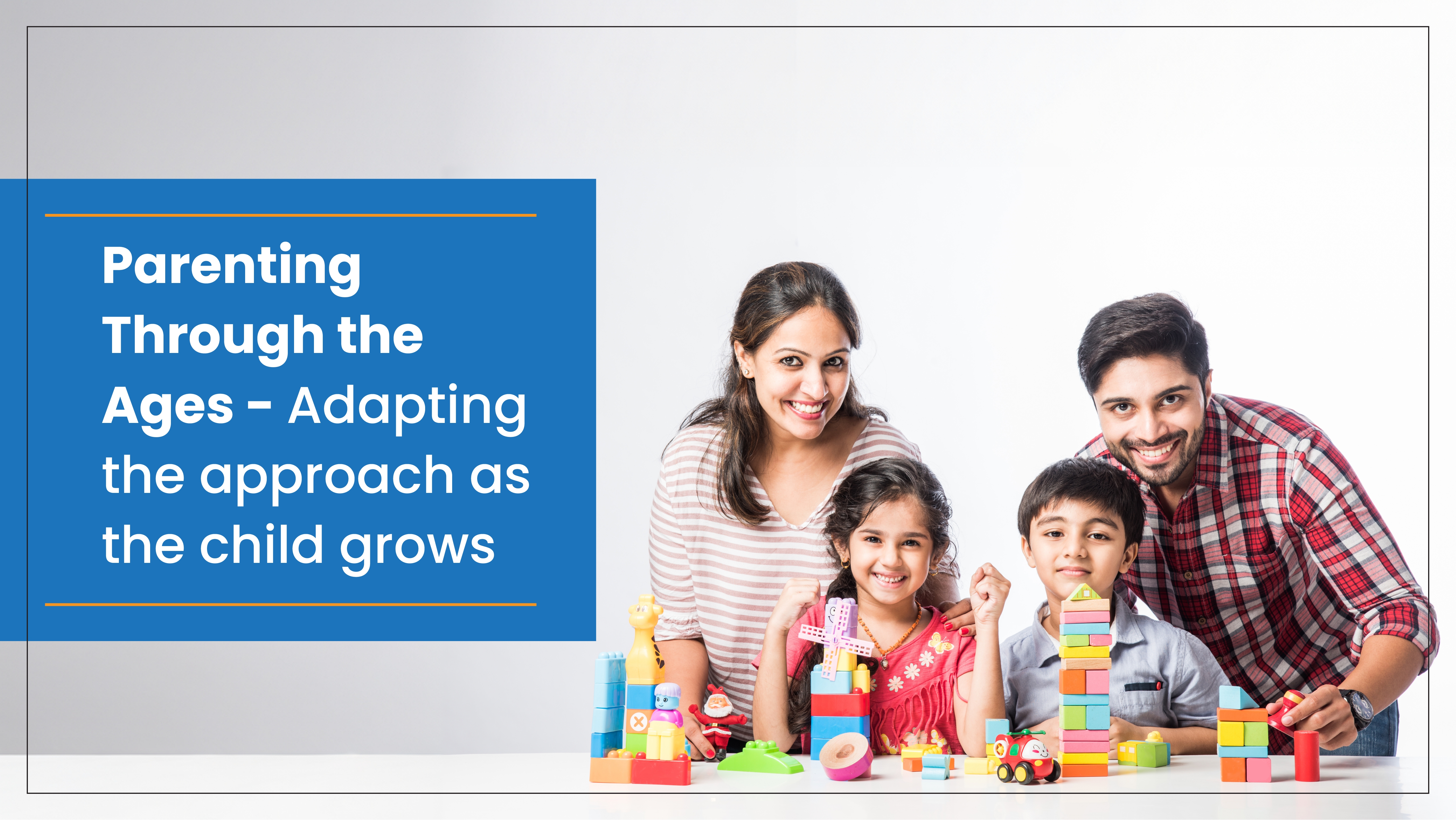Each stage of a child’s life demands a unique approach. From infancy to adulthood, the role of a parent shifts and adapts. This blog aims to guide parents through this journey, offering insights into how to adjust parenting strategies as a child matures. The art of parenting through the ages is explored, offering adaptable strategies for each stage, teaching how to nurture, guide, and grow with children through every age and stage.
The Art of Parenting from Infancy to Independence
Parenting is an art that requires constant adaptation. It is a journey that begins with the birth of a child and continues as they grow into adulthood. Each stage of a child’s life presents unique challenges and opportunities. As a parent, the role is to guide them through these stages, providing the right balance of support and independence.
1. Infancy (0-2 Years): The Foundation of Trust: The infancy stage is all about building trust. Parents provide constant care and attention, meeting the child’s basic needs. This stage sets the foundation for the child’s sense of security. Consistent response to their needs helps them develop trust in their parents and the world around them.
2. Toddler Years (2-4 Years): Exploring Autonomy: As the child enters the toddler years, they begin to explore their autonomy, asserting their will, testing boundaries, and expressing individuality. The parent’s role is to guide this exploration, providing a safe environment for them to learn and grow while setting appropriate boundaries.
3. Preschool (4-6 Years): Learning Through Play: The preschool years are a time of rapid learning. The child constantly explores the world around them, learning through play and interaction. Parents support this learning by providing opportunities for play and discovery and introducing basic rules and routines. This stage marks the beginning of social interactions with others outside the family. It is important to emphasise how to treat others and behave in groups beyond the family.
4. School Age (6-12 Years): Expanding Horizons: As the child enters school age, their horizons expand. They start to form friendships, develop interests, and gain a sense of self. The parent’s role moves to guiding their social and emotional development, helping them navigate friendships, manage emotions, and develop a positive self-image.
5. Adolescence (13-18 Years): Fostering Identity: Adolescence is a time of identity formation. The child is figuring out who they are and where they fit in the world. Parents provide guidance and support, helping them navigate the challenges of adolescence while respecting their growing autonomy.
6. Young Adulthood (18+ Years): Letting Go and Staying Connected: As the child enters young adulthood, the parent’s role changes again. They start to let go, allowing the child to make their own decisions and live their own lives. However, staying connected remains important, as they continue to provide support and guidance while respecting their independence.
Effective parenting requires adaptable strategies that evolve with the child’s needs. Key elements include balancing discipline and freedom to foster self-control and independence, maintaining strong communication through open and honest dialogue, encouraging independence and responsibility to build confidence, embracing each child’s unique individuality with tailored approaches, and prioritizing self-care to ensure parents can provide the best support.
Parenting through the ages is a dynamic journey that requires flexibility, understanding, and continuous learning. By adapting the approach to meet the evolving needs of the child, parents can foster their growth, independence, and well-being. Upgrading the parenting style by staying engaged, supportive, and responsive ensures that the child thrives at every stage of their development. By accepting adaptable parenting strategies and prioritising positive relationships, parents can create a nurturing environment where the child can flourish and reach their full potential.


Stay connected, stay informed, and thrive with Narayana Educational Institutions!

Nice 👍🏻 msg so we get to know
Relevant information for adapting with the age grows.
It is absolutely true. Parenting is very crucial pat of children grow.
In the digital age with both parents working this article is an eye opener about qualitative time spent on parenting and the values to be inculcated in the young minds.
As we always know children of today are citizens of tomorrow and its our responsibility to harness them with values and principles in very competitive world